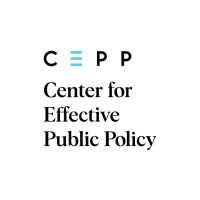
California Association for Nurse Practitioners
The California Association for Nurse Practitioners is the unifying voice and networking forum for all nurse practitioners statewide, providing consistency and expert guidance for the profession, thereby decreasing barriers and elevating the practice of the nurse practitioner. CANP was founded as the California Coalition of Nurse Practitioners in 1977 by nurse practitioners from the University of California at Davis. The organization has grown into a statewide network of 22 regions with nearly 4,300 members. Most regions have active local chapters with regular meetings and activities. The purpose of CANP is to promote a strong nurse practitioner movement through a statewide communication system; to strengthen the public image of the nurse practitioner; and to support legislative action that encourages the development of the role of the nurse practitioner and makes the health care system more responsive to the needs of the consumer.






